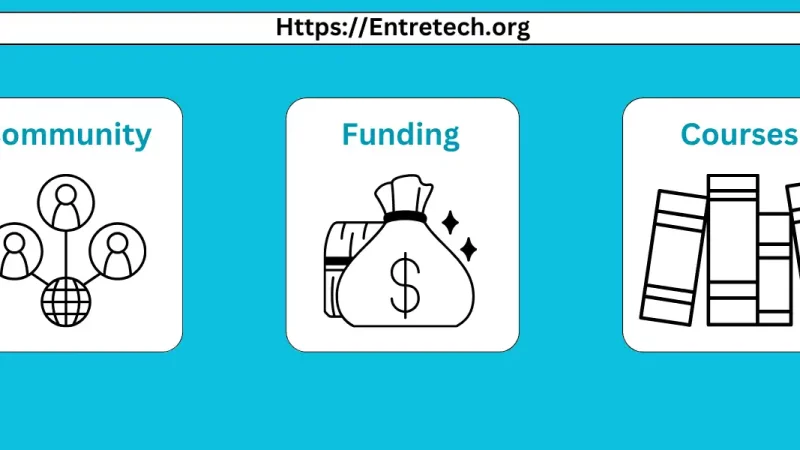What are some of the factors to consider when choosing an HVAC system?

Selecting the right heating, ventilation, and air conditioning (HVAC) system is a substantial decision for homeowners and businesses. Your choice affects your comfort and significantly impacts energy efficiency, indoor air quality, and overall building performance. It’s paramount to consider several key factors when choosing an HVAC system to make an informed decision. We will explore these factors in detail, helping you navigate the complex landscape of HVAC options and locate the system that best suits your requirements.
Key factors when choosing an HVAC system
Size and Capacity
One of the first factors to consider when choosing an HVAC system is its size and capacity. The system’s capacity should match your space’s heating and cooling requirements. An undersized unit may struggle to maintain comfortable temperatures, leading to inefficiency and increased wear and tear. In contrast, an oversized unit may short-cycle, resulting in wasted energy and decreased comfort.
To determine the appropriate size, consult an HVAC professional who can perform a load calculation, considering the size of your space, insulation, windows, and local climate conditions. Avoid the temptation to replace your existing system with one of the same size without reassessing your needs, as insulation or building use changes may require a different capacity.
Energy Efficiency
Energy efficiency is critical when choosing an HVAC system, as it can significantly impact your energy bills and carbon footprint. Look for systems with the ENERGY STAR label, which signifies compliance with strict energy efficiency standards. ENERGY STAR-rated systems typically use less energy and operate more efficiently than their counterparts.
Consider the system’s Seasonal Energy Efficiency Ratio (SEER) for cooling and Heating Seasonal Performance Factor (HSPF) for heating. Higher SEER and HSPF ratings indicate better energy efficiency. Additionally, modern HVAC systems often feature variable-speed motors and advanced controls that can adapt to changing conditions and optimize energy usage.
Type of HVAC System
There are several types of HVAC systems, each with its edges and considerations. The most common types include:
- Split Systems: These systems consist of an outdoor unit (condenser) and an indoor unit (evaporator or air handler). Split systems are versatile and suitable for both residential and commercial applications. They can provide both heating and cooling.
- Packaged Systems: Packaged systems combine all components (heating and cooling) into a single unit, typically installed outdoors. They are often used in commercial settings but also in residential applications, especially in regions with mild climates.
- Ductless Mini-Split Systems: These systems are ideal for homes without ductwork or for room-specific heating and cooling needs. They consist of an outdoor compressor and one or more indoor air-handling units, allowing for zoned heating and cooling.
- Geothermal Heat Pumps: Geothermal systems utilize the ground’s stable temperature to heat and cool a space. While they have a higher upfront cost, they offer exceptional energy efficiency and long-term savings.
Ductwork
If your home or building already has ductwork, consider its condition and suitability for the new HVAC system. Leaky or poorly insulated ducts can lead to significant energy loss and reduced system efficiency. Have an HVAC professional inspect your ductwork and recommend any necessary repairs or upgrades before installing a new system. In cases where ductwork is absent or in poor condition, ductless mini-split systems or high-velocity mini-duct systems can provide efficient heating and cooling solutions without requiring extensive duct installation.
Fuel Source
The choice of fuel source for your HVAC system can significantly impact operating costs and environmental considerations. Common fuel sources include electricity, natural gas, oil, propane, and even solar power. Regard factors such as fuel availability, cost, and environmental impact when making your selection. Electric heat pumps, for example, can be highly energy-efficient but may not be cost-effective in areas with high electricity prices. Natural gas systems are often more economical for heating but may not be an option in all regions. Solar-powered HVAC systems propose the advantage of renewable energy, but the initial investment can be substantial.
Noise Level
The noise level of an HVAC system can affect your comfort and the tranquility of your home or workspace. High-efficiency systems with variable-speed components tend to operate more quietly than older, single-speed models. If noise concerns you, discuss sound ratings with your HVAC contractor and consider options like sound-dampening insulation or equipment enclosures.
Selecting the right HVAC system is a significant decision that can impact your comfort, energy efficiency, and overall quality of life. By considering factors such as size, energy efficiency, system type, ductwork, fuel source, climate, indoor air quality, zoning, noise level, and maintenance requirements, you can make an informed choice that suits your specific needs and preferences. Consulting with HVAC professionals ensures your chosen system is appropriately sized and installed for optimum performance. A well-planned and carefully selected Knoxville HVAC system will provide reliable comfort and energy efficiency for years.





